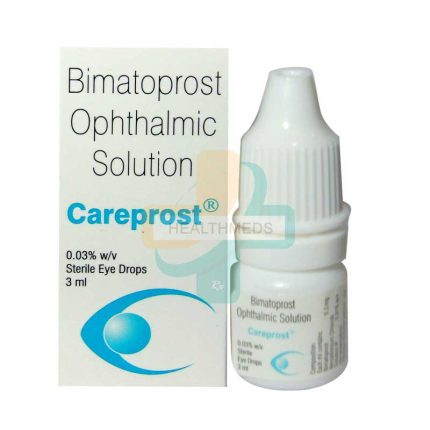Showing the single result
Eye Swelling or Periorbital edema or puffy eyes is a condition where one or both eyes swell. This occurs when the tissue around the eyes becomes swollen and inflamed. Periorbital edema left untreated can damage eyelids, and skin surrounding the eyes. In major cases, it can even damage the eyeball resulting in visibility challenges.
The most common reasons for puffy eyes include health conditions, ranging from allergies and infections to more serious conditions such as thyroid problems or kidney disease. Not only this but some external factors such as lack of sleep, dehydration, or excessive salt intake can also cause swelling in the eyes.
Eye swelling caused due to external factors such as exposure to sunlight, dust, pet dander, etc are some minor reasons that can be treated with home remedies depending on severity and cause.
It is always a best practice to consult an Ophthalmologist nearby for diagnosis and treatment options in case of eye swelling.
Eye swelling is liked to a lot of factors
- Allergies: Allergies caused by eye cosmetics, medical drugs, contact lenses, and rubbing eyes, can cause the eyes to become inflamed and swollen. It can lead to more itching and cause redness in the eye, and tearing.
- Infection: Wide range of eye infections such as conjunctivitis (pink eye) or blepharitis (inflammation of the eyelids) can cause swelling in the eyes, stickiness inside the eye, or even cause discharge of foreign particles from the eyes.
- Sinusitis: Increased pressure on the pressure in sinus cavities due to Sinus infections or inflammation may cause puffy eyes.
- Fluid retention: Hormonal changes, medication side effects, or kidney or liver problems may cause fluid accumulation in the tissues around the eyes causing swelling in the eyes.
- Aging: With growing age, the skin around the eyes can become thinner and more prone to swelling.
- Autoimmune diseases: Conditions such as lupus or rheumatoid arthritis can cause eye swelling and inflammation.
- Injuries: Trauma to the eyes can cause swelling and bruising.
- Thyroid problems: Hypothyroidism or hyperthyroidism can cause bulging eyes.
- Medication side effects: Corticosteroids, antidepressants, and hormone replacement therapy are some of the common medications that can cause fluid retention and puffy eyes
- Lack of sleep: Excess work stress, continuous use of digital gadgets or lack of sleep are some of the common reasons for puffiness in the eyes.
- Dehydration: Dehydration can cause the body to retain fluid which may cause swelling around the eyes.
Best tips on Diagnosis and treatment options for Eye Swelling
The diagnosis and tests for eye swelling completely depend on the underlying cause. A doctor will first perform a physical examination with a lighted instrument called an ophthalmoscope to check for signs of infection or inflammation. They may also ask you about your symptoms and medical history to determine the cause of your eye swelling.
If this does not work, an Ophthalmologist may perform the following tests:
- Blood tests: There are numerous health disorders such as thyroid problems, hormonal imbalance, kidney disease, etc linked to causing puffy eyes. A blood test will help identify health conditions that are causing swelling in the eyes.
- Skin prick test: A skin prick test may require to identify if an allergy is causing a problem.
- Imaging tests: Major cases may include a CT scan or MRI to identify structural abnormalities or infections.
Various ways that can help overcome eye swelling
Below mentioned are some of the best tips that may help patients with eye swelling find relief. However, the treatment may differ in each case depending on the root cause.
- Apply a cold compress: Cold compress treatment is one of the best home remedies to reduce swelling, pain and inflammation around the eyes. The best way to do this is by applying a chilled washcloth or a bag of frozen peas wrapped in a towel around the swollen part of the eye.
- Elevate your head: If swelling is caused by fluid build-up around the eyes try sleeping with your head elevated. This will help reduce fluid build-up around the eyes.
- Use over-the-counter medication: Antihistamines or decongestants are some of the common Over-the-counter that can help reduce eye swelling caused by allergies or sinus problems.
- Drink plenty of water: Staying hydrated can help reduce fluid retention, which can contribute to eye swelling.
- Avoid irritants: Rubbing your eyes without washing hands, and exposure to irritants such as smoke, dust, or pet dander are a few things to avoid.
- Get enough rest: Lack of sleep and eye stress caused due to digital gadgets can contribute to eye swelling. So make sure to get enough rest and necessary breaks off the screen, especially for those who sit long hours on digital gadgets.
Lastly, regular checkups at least once a year with an ophthalmologist are the best practice to maintain healthy eyes.


